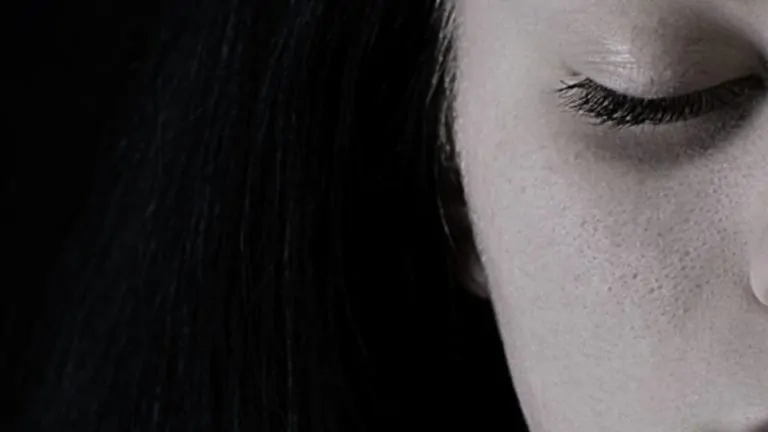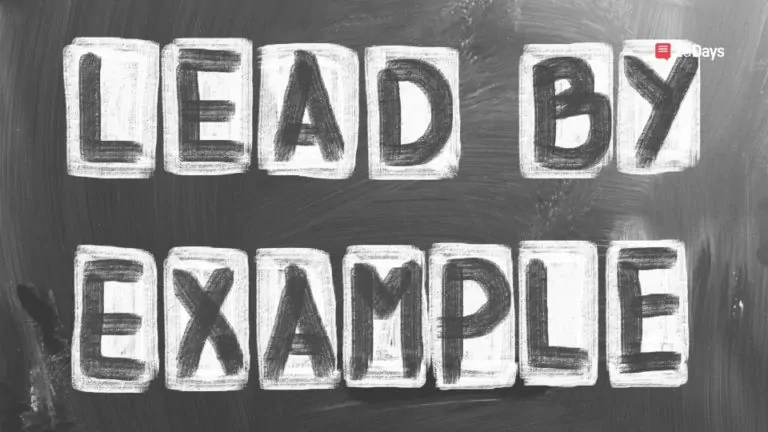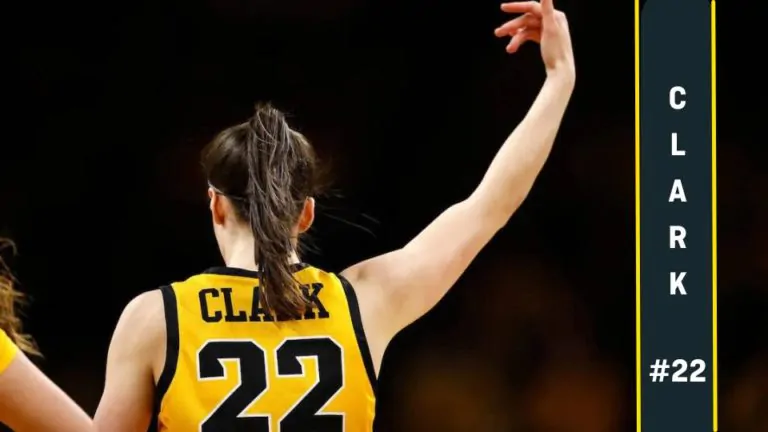Making the transition from high school to college life can be an arduous process for young adults. The transition happened to be extremely challenging for one student-athlete who was about to play her sport at the collegiate level. Former Rhodes College golfer Jessica Ritter told us “as a student-athlete, you travel a lot, and you miss out on things that, at the time, you think are important — especially as a freshman.” With multiple practices, a day, classes, meetings, study hall, tutoring sessions, athletic treatment appointments, and travel to away competitions, a student athlete's time is scheduled for them, so their free time is precious to them. Although challenging, the experience described by Ritter was, “while difficult, it was worth it. Being a student-athlete takes hard work, dedication, and true grit. But to make it as a successful student-athlete you have to have strong mental health.”
Ritter would cultivate her mental health over the course of her four years as a Lynx, but while it might come easily for some student-athletes, it did not for her, and it does not for many other athletes. Initially, Ritter was shocked at the importance of time management when she first got to Rhodes. In addition to being a Division III varsity athlete, she double majored, worked at the campus gym, had an internship, held an off-campus job, and was heavily involved in her sorority. “I'm very thankful that Rhodes allowed me to pursue all of my passions,” she said “However, to do this, you have to manage your time wisely – it was a major adjustment for me.”
Even after the school helped her gain the necessary time management skills, something was still off. As Ritter remembers, “I didn't want to get out of bed. Some days I didn't get out of bed. I didn't want to be around anyone or do anything.” These draining feelings hindered Ritter's golf performances, it affected her grades and inhibited her motivation to do the things she normally enjoyed. During Ritter's sophomore year she decided that she should see a doctor and was diagnosed with depression. She was also in the process of coming out as being gay. to say the least this was a lot of pressure for a young adult to be going through. Both of these experiences rocked her world.
“I lost some things but gained so much more as a result of my experiences,” Ritter said of a specific instance where she missed the team bus to a competition due to irresponsible behavior that she believed was a result of her depression. Jessica credits her college coach and will forever be grateful for his help on getting her onto a better mental health path. “Coach Clary made sure I got the help I needed to be successful,” she said. “From mandatory counseling to meetings with professionals and calls with my doctor, he did whatever it took to help me. He even bought me an alarm clock.”
Ritter says her teammates, friends, and coaches accepted her at her lowest point and supported the fight to get her to her best version of herself. “Once I got on medication for my depression and adjusted my habits and coping techniques, I started to focus on what I loved about golf, school, and relationships,” she said. “I was able to enjoy what I was doing and perform at a level I was proud of. I was able to go on and win an NCAA championship and double major despite my ongoing depression.”
Although her battle with depression is ongoing post-graduation, Ritter says that when she is responsible and uses the methods and tactics she's learned, her condition is manageable. “The main thing,” she states, “is remembering self-love and discipline. Every day is a choice to fight.”
When asked to offer advice for student-athletes who are also going through mental health struggles, she said “You aren't alone. Don't be ashamed of your depression. Start an open dialogue with those around you because if they know and understand, it not only allows them to help you but also will drastically improve your relationship(s) with them.”
Have an idea for a story or a question you need answered? Want to set up an interview with us? Email us at [email protected]
* Originally published on April 5, 2022, by Chandler Frumin







